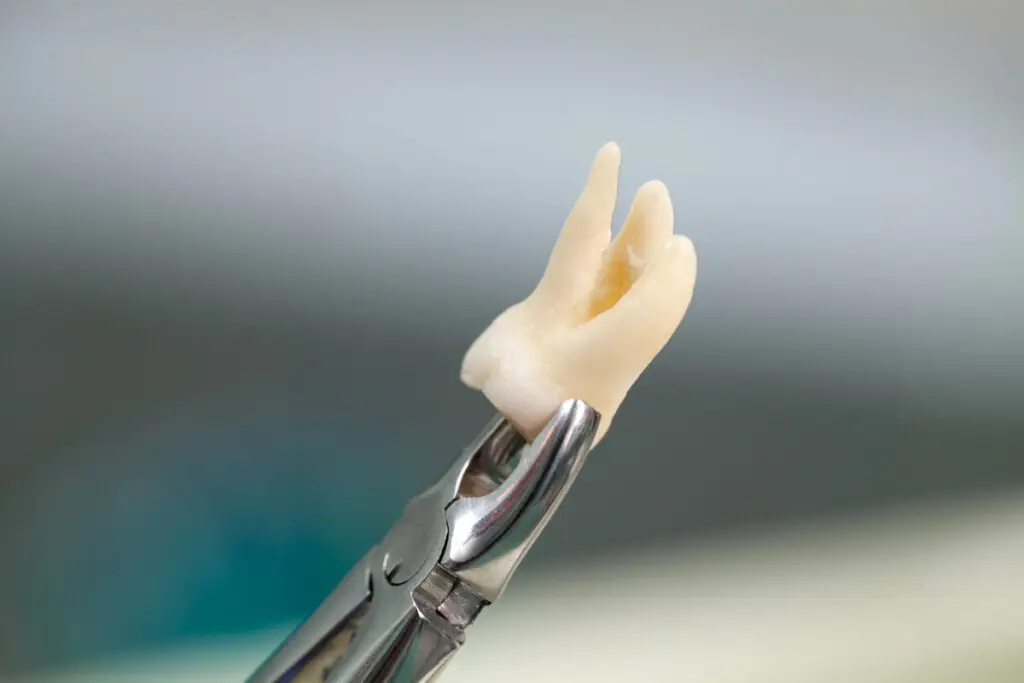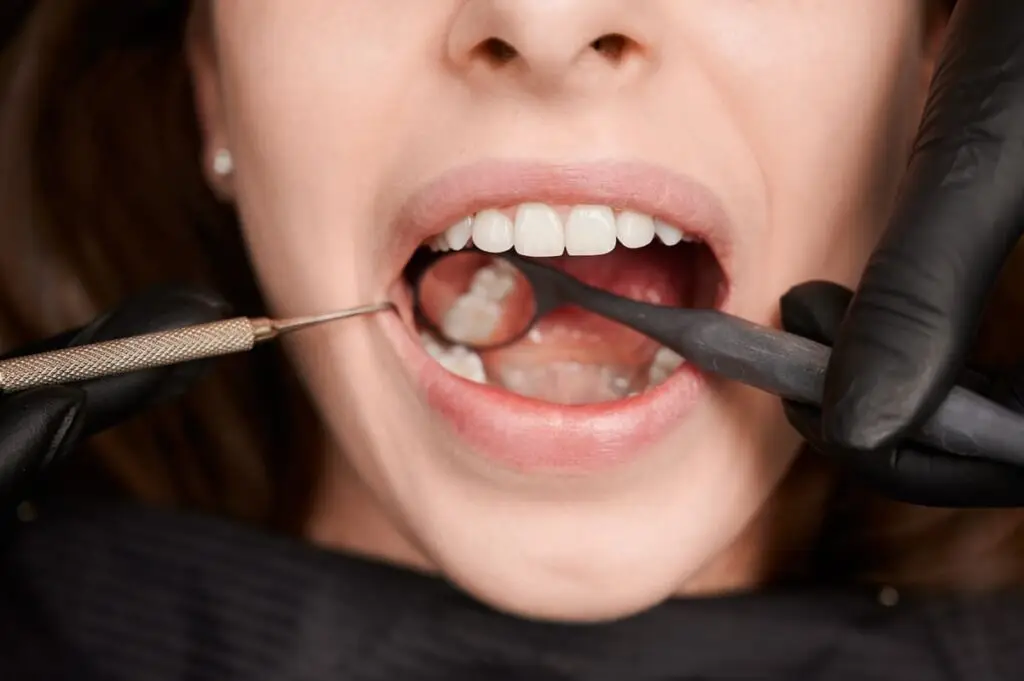

Dr. Selina Chhabra Rampal
Kids Dentist
BDS(India), MDS (HK), MPaed Dent RCS (Ed)
MPaed Dent RCS (Eng), FCDSHK (Paediatric)
Speaks English, Hindi
We provide safe and effective tooth extraction services. If a tooth is damaged, decayed, overcrowded, or beyond repair, extraction might be the best solution. Our services including wisdom teeth removal, to ensure your oral health and comfort throughout the process.




Kids Dentist
BDS(India), MDS (HK), MPaed Dent RCS (Ed)
MPaed Dent RCS (Eng), FCDSHK (Paediatric)
Speaks English, Hindi


Specialist in Gum Disease
FCDSHK (Perio), FHKAM (Dental Surgery), M Perio RCSEd, AdvDipPeriodont (HK), MDS (Perio) HK, DDM
Speaks English, Tagalog, Cantonese, Mandarin


General Dentist
BDS (U. of Peradeniya), PhD (HK)
Speaks English, Sinhala


General Dentist
Bachelor of Dental Surgery of the Maharashtra
University of Health Sciences, Nashik, India (2003)
Speaks English, Hindi


General Dentist
Bachelor of Dental Surgery of the University of Hong Kong (2013)
Speaks English, Cantonese, Mandarin
There are several reasons why a tooth extraction might be recommended by our dentists:


Wisdom teeth, also known as third molars, typically emerge between the ages of 17 and 25. While some wisdom teeth come in without any problems, others can become impacted, meaning they don’t have enough room to emerge properly. This can cause pain, infection, and even damage to surrounding teeth.
Our wisdom teeth removal services are designed to address issues like:
Removing problematic wisdom teeth early can prevent more serious dental issues and help maintain a healthy smile.
An anaesthetic will be delivered to numb the area of your tooth so that you don’t feel any pain during the procedure. A small incision will be made into the area for the dentist or oral surgeon. The bone around the tooth may also be removed before the extraction.
Before the procedure, we’ll conduct a thorough examination, including X-rays, to assess the condition of the tooth and surrounding bone. This helps us determine the best approach for your extraction.
To ensure a pain-free experience, a local anaesthetic is used to numb the area around the tooth. For more complex extractions, including wisdom teeth removal, additional sedation options may be available.
During a simple extraction, the dentist will gently loosen the tooth before removing it. For surgical extractions, a small incision may be made to access the tooth, especially for impacted wisdom teeth.
Proper aftercare is key to a smooth recovery from a tooth extraction:
Most patients recover within a few days, though wisdom teeth removal may require a slightly longer recovery time. If you experience any prolonged discomfort or complications, contact our clinic for assistance.
Contact us to schedule your Tooth Extraction consultation. Let us help you achieve the perfect smile with our professional services.
No, tooth extraction is not painful when performed under local anaesthesia. We ensure that the area around your tooth is fully numbed before starting the procedure. For more complex extractions, including wisdom teeth removal, additional sedation options are available to ensure your comfort throughout the process.
Most patients recover from a tooth extraction within 1 to 3 days. Wisdom teeth removal may take a few extra days due to the complexity of the procedure. Following your dentist’s aftercare instructions, such as avoiding hard foods and keeping the area clean, can speed up recovery time.
Wisdom teeth removal is often necessary when the wisdom teeth are impacted, misaligned, or causing pain and infection. If they are pressing against other teeth, they can lead to crowding or damage. Removing wisdom teeth early can prevent future dental problems.
Common signs of impacted wisdom teeth include swelling, pain at the back of the mouth, and difficulty opening the jaw. An X-ray can confirm if your wisdom teeth are impacted. If you experience any of these symptoms, contact our clinic to schedule an evaluation.
After a tooth extraction, it’s best to stick to soft foods like soups, yoghurt, mashed potatoes, and smoothies for the first few days. Avoid hot, spicy, or crunchy foods that could irritate the extraction site. Gradually reintroduce solid foods as you heal.
If a tooth extraction leaves a noticeable gap in your smile or affects chewing, our dentists may recommend options like dental implants, bridges, or dentures to restore function and appearance. For wisdom teeth removal, replacement is usually not necessary as these teeth do not impact daily function.
While tooth extraction is a routine procedure, there are some risks like dry socket, infection, or bleeding. Our team at Smith and Jain Dentists takes every precaution to minimise these risks, providing detailed aftercare instructions to ensure a smooth recovery.